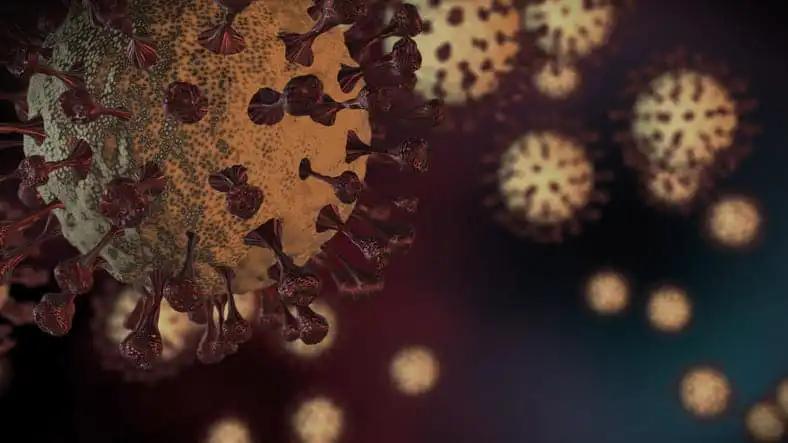KEY TAKEAWAYS
- The TRANSCEND clinical trial evaluated liso-cel in R/R LBCL patients.
- The study involved 26 patients in the intention-to-treat (ITT) group, with a median age of 67.6 years.
- This elderly patient cohort displayed promising response rates and an acceptable safety profile in a real-world setting.
Lisocabtagene maraleucel (liso-cel), a chimeric antigen receptor (CAR) therapy targeting CD19, has demonstrated effectiveness and manageable side effects in patients (pts) with relapsed or refractory (R/R) large B-cell lymphoma (LBCL), as observed in the TRANSCEND clinical trial. This success led to the FDA’s approval of liso-cel for LBCL patients with R/R disease who have undergone two or more prior therapies.
This open-label Phase 1 study involved patients (pts) who came to the Bezos Family Immunotherapy Clinic at the Fred Hutchinson Cancer Center to receive planned liso-cel between January 1, 2021, to November 17, 2022 (intention-to-treat [ITT] group). Evaluation of disease response was carried out through PET-CT imaging according to the Lugano 2014 criteria. Cytokine release syndrome (CRS) and immune effector cell-associated neurotoxicity syndrome (ICANS) were graded utilizing the ASTCT criteria.
Among the 26 pts in ITT, 25 pts (96.2%) underwent leukapheresis, 24 (92.3%) received lymphodepleting chemotherapy, and 23(88.5%) administered liso-cel treatment. Among the 23 infused pts, 6 (26.1%) were administered an out-of-specification product on an expanded access protocol. The median duration between leukapheresis and liso-cel infusion was 33 days (with an interquartile range [IQR] of 30.5 to 39.5 days). Regarding the ITT group, the median age of pts was 67.6 years (IQR of 62.2 to 72.3), their ECOG performance status was 1 (IQR of 1.0 to 1.0), and the hematopoietic cell transplantation-specific comorbidity index (HCT-CI) was 1.5 (IQR of 1.0 to 3.0, ranging from 0 to 7). Among the ITT pts, 14 (53.8%) met the eligibility criteria for the TRANSCEND trial. Reasons for ineligibility were: coronary artery disease (n=3), ECOG score ≥2 (n=3), significant central nervous system pathology (n=3), recent history of prior malignancy (n=1), and pulmonary dysfunction (n=1). The types of LBCL present encompassed diffuse LBCL (DLBCL, 80.8%, n=21), transformed DLBCL from indolent histologies (tDLBCL, 11.5%, n=3), and high-grade B cell lymphoma (HGBCL, 7.7%, n=2). Seven pts (26.9%) exhibited bulky disease. In comparison, 13 (50.0%) had extranodal disease involvement.
Liso-cel was allocated in the outpatient setting for 20 out of the 23 pts who received the infusion (87.0%). Among these patients, 15 (75%) necessitated admission at a median of 4.5 days (IQR of 2.0 to 6.0 days), and the median length of hospital stay was 7.0 days (IQR of 5.3 to 11.3 days). Following the administration of liso-cel infusion, we observed CRS and ICANS in 16 (69.6%; grade ≥3, none) and seven pts (30.4%; grade ≥3, 13.0%), respectively. Tocilizumab was administered to 5 (21.7%), and steroids were given to 7 (30.4%).
Among the pts who received the infusion (n=23), the best overall response (ORR) and complete response were 78.3% (ITT group, 69.2%) and 56.5% (ITT group, 50.0%), respectively. Following a median follow-up duration of 310 days (IQR 105 to 383 days) among the infused patients, the 1-year measurements for duration of response (DOR), disease-free survival, and overall survival were determined as 63.0%, 52.7%, and 90.3%, respectively. The median DOR had yet to be reached. In an exploratory univariate logistic regression analysis, an increase in the vein-to-vein time was linked to a reduced likelihood of response (odds ratio 0.72, 95% confidence interval 0.54 to 0.96, p = 0.02).
ITT analysis of an elderly patient cohort seeking CD19 CAR-T therapy for R/R LBCL in the non-trial setting demonstrated high rates of durable response following liso-cel treatment and an acceptable safety profile.
Source: https://ebmt2023.abstractserver.com/program/#/details/presentations/902
Clinical Trial: https://classic.clinicaltrials.gov/ct2/show/NCT02631044
Portuguese, A., Liang, E., Albittar, A., Hirayama, A., Till, B., Cassaday, R., Lynch, R., Poh, C., Milano, F., Chapuis, A., Kiem, H., Maloney, D.G., Gauthier, J.



